Seven Generations
Native American Indians have a belief that "when you sit in council for the welfare of the people, you must not think of yourself or of your family, not even of your generation. He said, make your decisions on behalf of the seven generations coming, so that they may enjoy what you have today." (1)
Seven generations ago my great-great-great-great-grandparents left Ireland to start new lives in North America. They took different boats, entered different ports but they all managed to survive the sailing voyage across the Atlantic in the 1800s. Some left Ireland prior to the Potato Famine in the late 19840s, some left during and afterwards. But they all left. They had little choice. They all decided to make a new start in the New World to the west.
The family who's voyage was most documented was my maternal-great-great-great-great-grandfather Richard Power. He was a strong willed man with three daughters living in the countryside north of Cork. He was an independent farmer, which was not that common because the English had confiscated most of the land from the native Irish by the early 1800s.
hey sailed on the ship called the Brunswick, a "West Indiaman" sailing ship , designed to survive the rough north Atlantic storms as it sailed back and forth from Europe to the Americas.




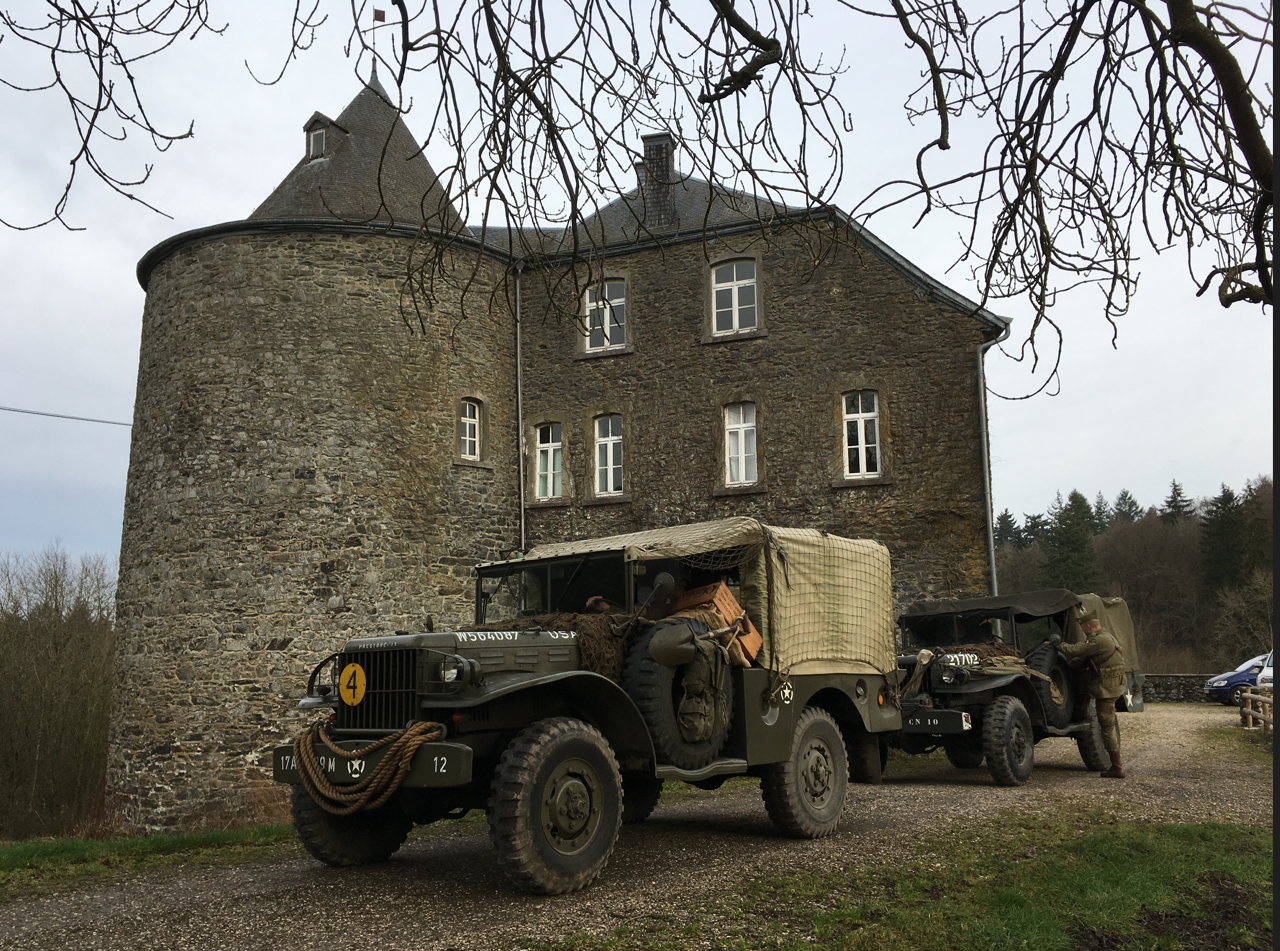
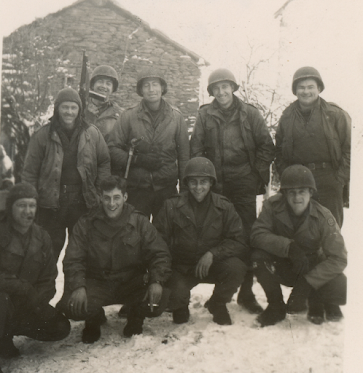
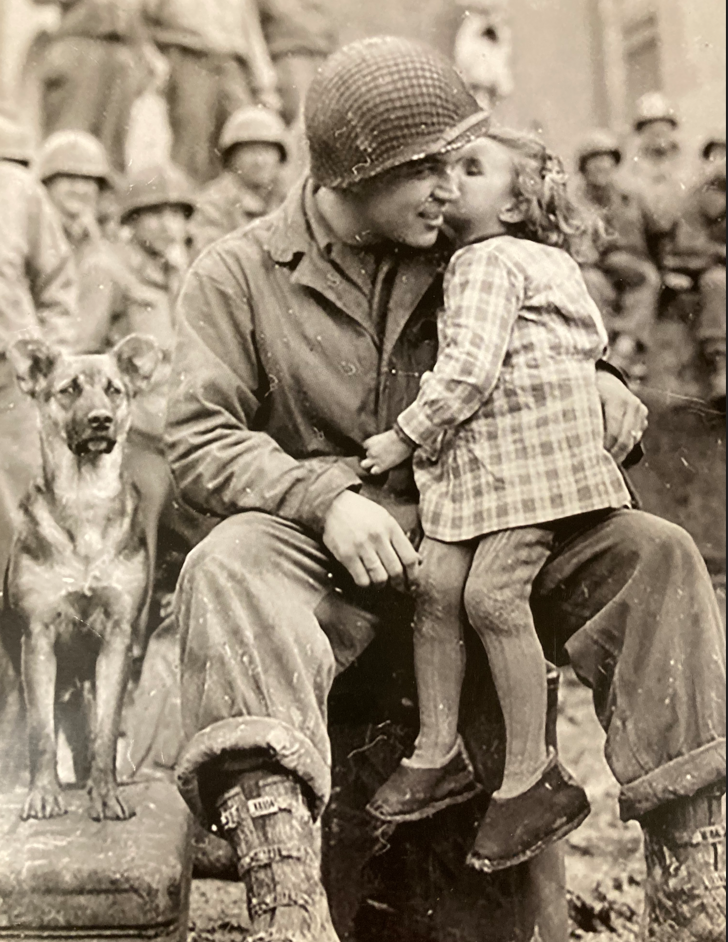
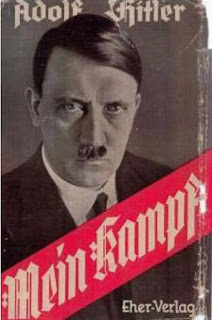

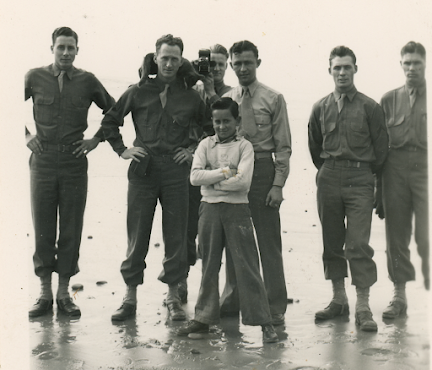



Comments
Post a Comment